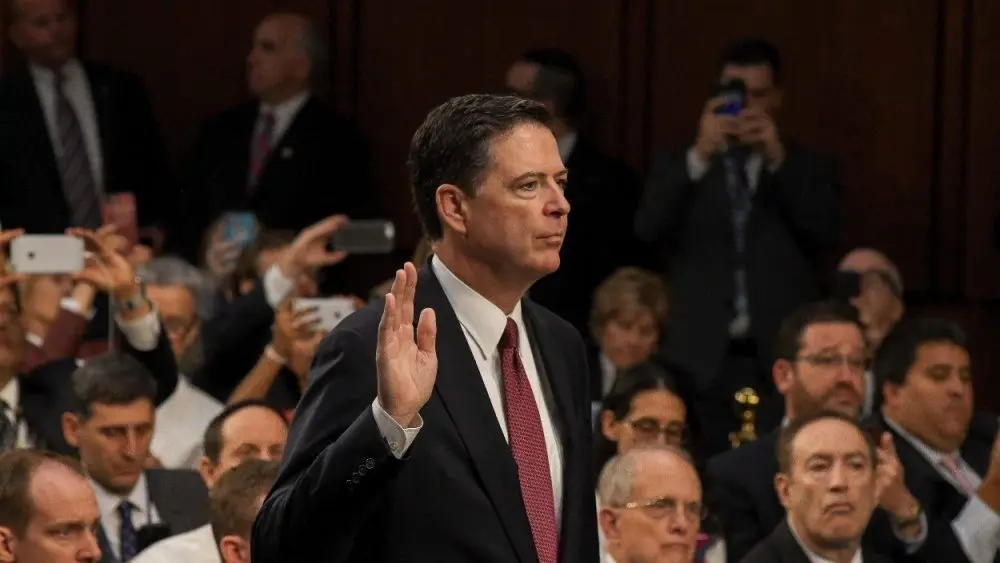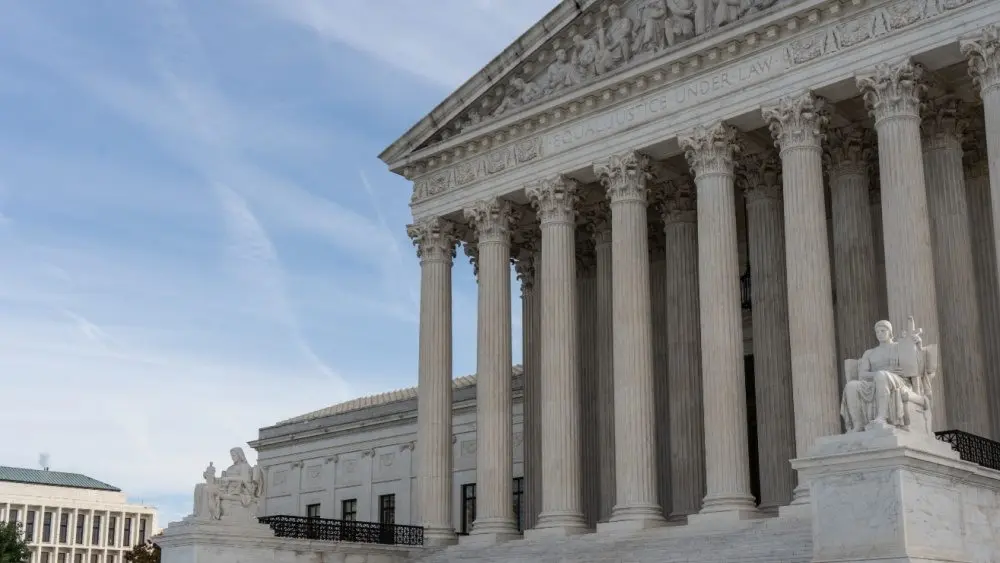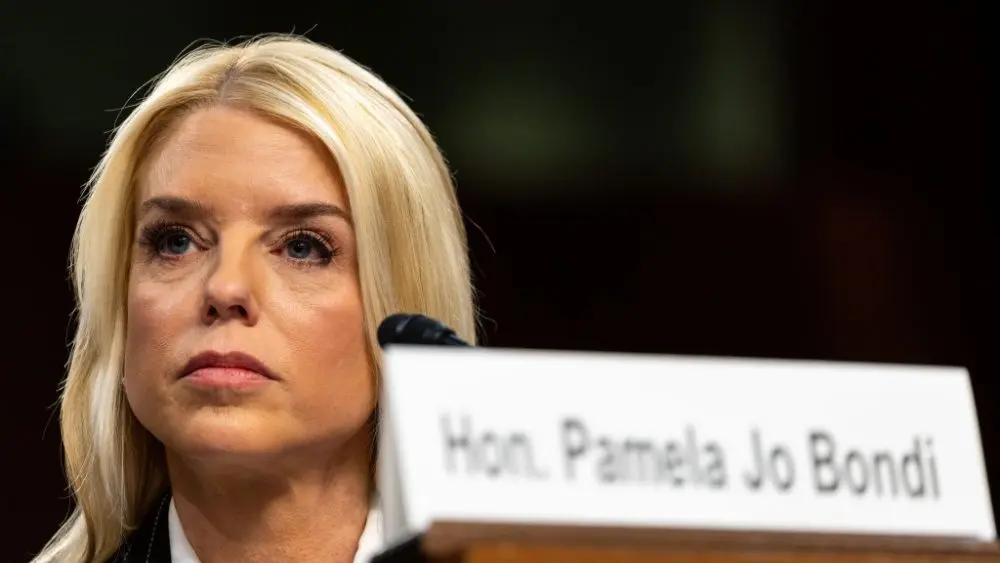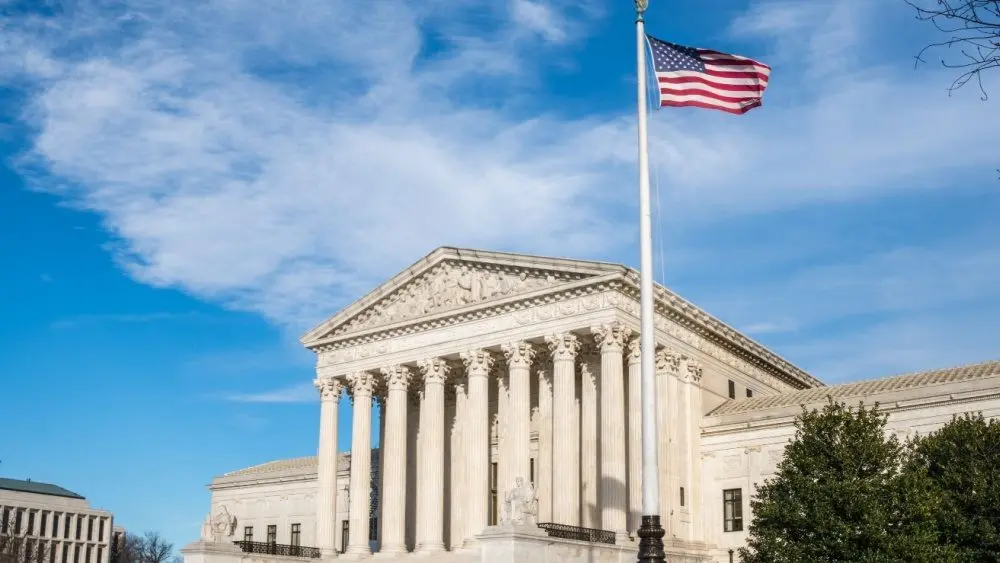Former FBI Director James Comey pleaded not guilty on Wednesday during his arraignment in federal court, facing charges brought after a very public campaign by President Trump urging prosecutors to take action against him. Comey’s attorney, Pat Fitzgerald, waived the formal reading of the indictment and requested a jury trial during the short court appearance.
A federal grand jury in the Eastern District of Virginia indicted Comey last month on two counts — making false statements and obstructing a congressional proceeding. The indictment came shortly after Trump posted on his social media platform, demanding that Attorney General Pam Bondi charge Comey, saying, “We can’t delay any longer.”
Comey, a longtime registered Republican who previously served in the George W. Bush administration, became one of Trump’s most frequent targets after his actions helped trigger special counsel Robert Mueller’s investigation into Russian interference in the 2016 election.
The Trump administration accuses Comey of lying to Congress about whether he had authorized a third party to anonymously brief the media about an FBI investigation. Comey testified in 2017 that he had not approved any leaks related to that probe and reiterated his statement during a 2020 Senate hearing, saying, “I stand by the testimony.”
Comey’s daughter, a former federal prosecutor who was dismissed from the Justice Department in July, attended the hearing to show support for her father, as well as his wife. The judge read the charges and said they carry a penalty of up to five years in prison with a $250,000 fine. During the proceedings, Comey spoke only once, responding politely when asked if he understood his rights: “I do, your honor. Thank you very much.” Those rights included his right to remain silent and right to legal counsel. Due to strict courtroom rules, no electronic devices were allowed inside the Alexandria courthouse, meaning news from the arraignment emerged only after the hearing concluded.
The court scheduled Comey’s trial for January 5, with both sides estimating it will last two to three days. Fitzgerald said Comey’s defense plans to file two main motions — one claiming the prosecution is vindictive and politically motivated, and another challenging the appointment of Lindsey Halligan, Trump’s former personal attorney, as U.S. Attorney for the Eastern District of Virginia. Fitzgerald described Halligan’s appointment as “unlawful.” He added that the defense would also file motions addressing what he called “grand jury abuse” and “outrageous government conduct.”
The charges came after Trump reportedly pressured the acting U.S. Attorney in Virginia to resign, paving the way for Halligan to take over the office. Halligan personally presented the case against Comey to the grand jury, an uncommon move for someone in her position. According to reports, Halligan initially sought three criminal counts, but the grand jury declined to indict on one. A majority of jurors agreed there was probable cause to charge Comey with making false statements and obstructing a congressional proceeding.
Comey’s trial will be overseen by U.S. District Judge Michael Nachmanoff. Alongside Halligan, two additional prosecutors from a separate U.S. Attorney’s Office in North Carolina — Nathaniel Lemons and Gabriel J. Diaz — have been added to the case.
Editorial credit: mark reinstein / Shutterstock.com






